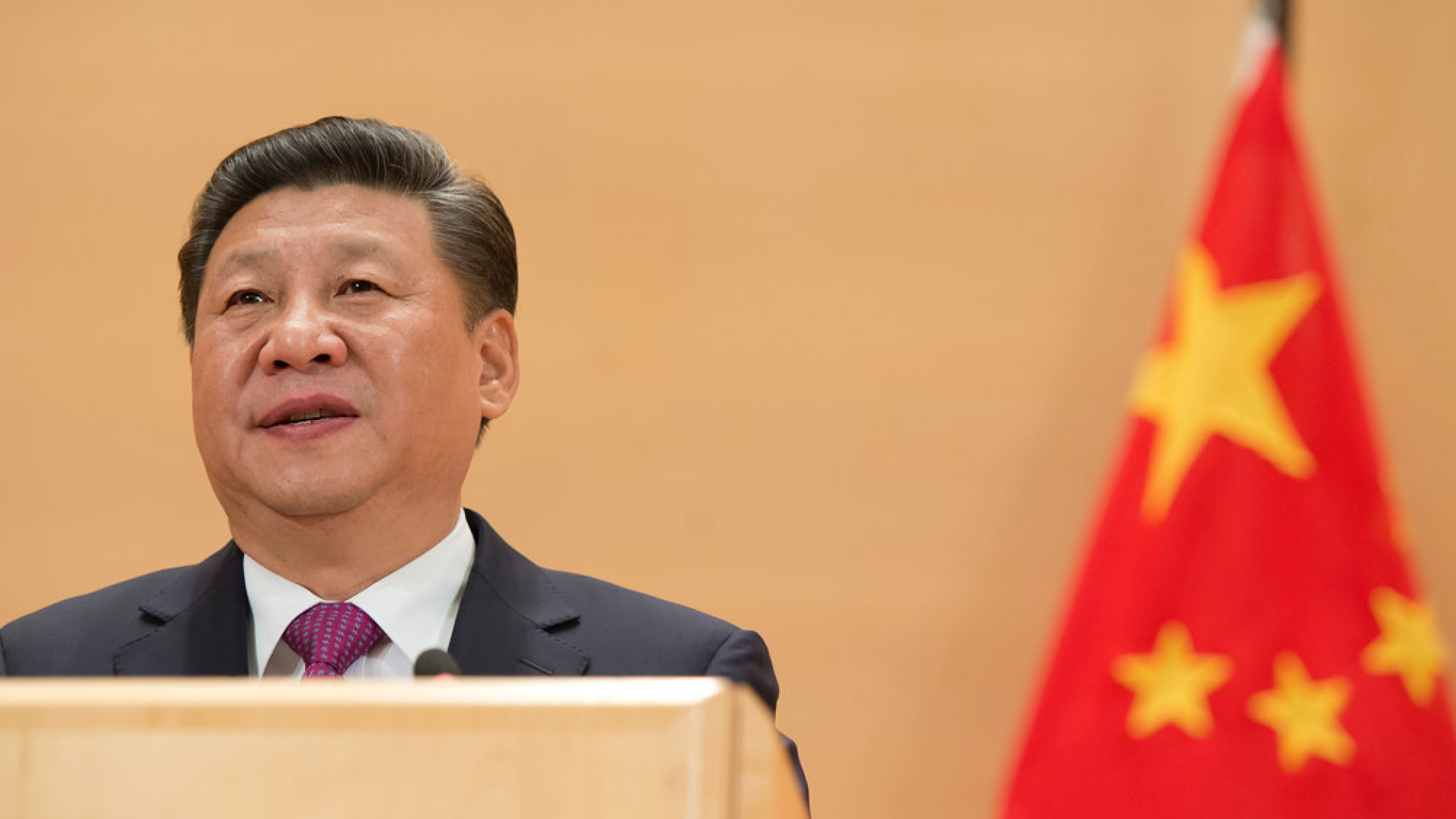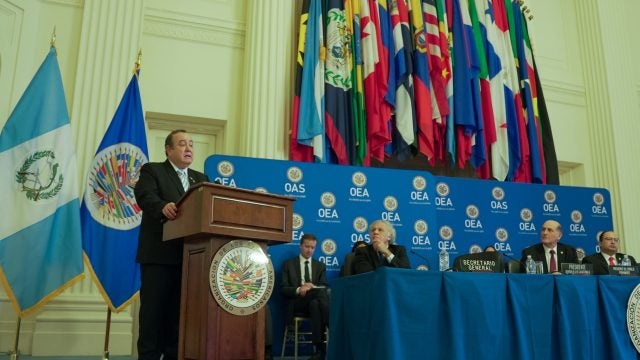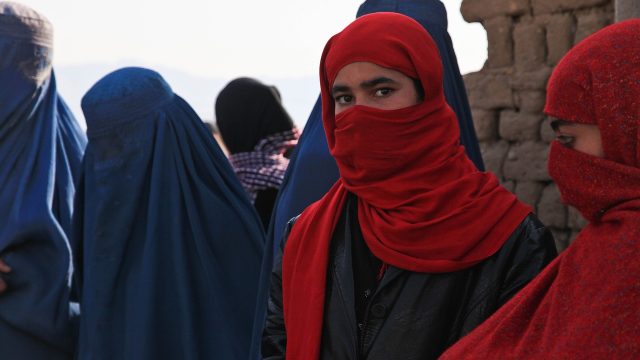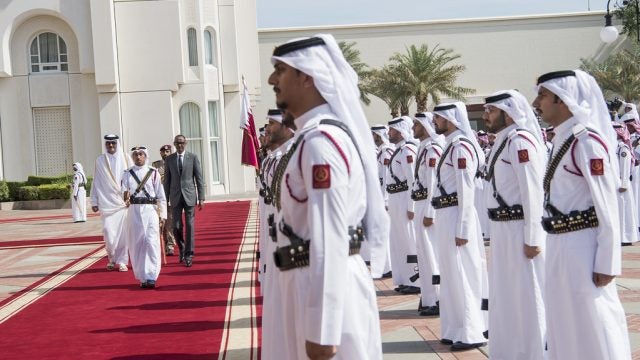
Title: Turning the Tables: China Gaining Influence in the International Human Rights Regime
China is gaining influence in the international human rights arena and is reshaping the global understanding of human rights. China’s greater influence enables and inspires other authoritarian governments and constitutes a serious challenge to the US-led liberal international order. For someone like myself who has followed China’s human rights diplomacy since the early 1990s, the recent turn of events is shocking.
China is gaining influence in the international human rights arena and is reshaping the global understanding of human rights. China’s greater influence enables and inspires other authoritarian governments and constitutes a serious challenge to the US-led liberal international order. For someone like myself who has followed China’s human rights diplomacy since the early 1990s, the recent turn of events is shocking.
The reference point for this contrast is the bloody 1989 Tiananmen crackdown broadcasted live by world media outlets. The Cold War ended soon afterward, and liberal democracy seemed to have finally triumphed, leaving China as one of a few holdouts. There was speculation that China would collapse just like the Soviet Union and the future looked grim for the Chinese government. However, three decades later, China is turning the tables against the United States and its Western allies. Beijing’s proactive approach in the international human rights regime has attracted scholarly attention and alarmed human rights organizations.
What has happened and why? The shifting role of China’s involvement in international human rights discourse necessitates an evolutionary explanation, tracing its role from a defensive position to an offensive one. Thus, this article traces the evolutionary nature of Chinese human rights diplomacy, examining how Chinese human rights diplomacy has evolved to help explain why it has become the way it is.
The World Then
After the 1989 Tiananmen Square crackdown, China was soon back on a growth path, and some security specialists were worried that it could potentially pose a security threat to the United States, particularly after the near crisis over Taiwan’s first democratic presidential election in March 1996. The Tiananmen event, moreover, added to the momentum towards democracy in Taiwan.
Many security analysts expected China to drop the other shoe (i.e., further strengthen its military power) and some indeed hoped for that to happen; the United States, for instance, needed an enemy for the nation to rally around a common goal. However, few anticipated the speed and magnitude of China’s rise.
Compared to security and other issue areas, China’s greater influence in the international human rights regime has been the least predictable. Human rights was China’s Achilles’s heel. After the 1989 crackdown, the Chinese nation was badly divided and China was on the defensive. It was assumed in the 1990s that democracy had won decisively and countries like China were not only on the wrong side of history, but that it would be inconceivable for them to outperform liberal democracies. A lack of freedom, it was thought, would not allow China to utilize its potentials in population size to its fullest. Many in China also shared that assessment. However, the United States had lost the support of Chinese society by the mid-1990s despite the previous decade of Chinese admiration for the United States, which had contributed to the popular uprisings for democracy. Several incidents in US-China relations helped make that shift. In late July 1993, the US government accused a China-based container ship Yinhe of carrying chemical weapon materials to Iran and forced the Chinese government to allow a joint inspection by the United States and Saudi Arabia in late August, which yielded no evidence. A few weeks later, in a major political setback, China lost unexpectedly to Sydney, Austria for hosting the 2000 Summer Olympics. The Chinese blamed their failure partly on US politicians lobbying the International Olympics Committee against Beijing’s bid. The Chinese government, furthermore, launched a patriotic propaganda campaign after Tiananmen, which yielded early results. However, the Chinese government did not quite win back the society that was cynically pragmatic. With Deng’s southern tour and continuous economic reform, many Chinese citizens chose prosperity over freedom under duress.
This is when Chinese human rights diplomacy began. China’s launch of human rights studies after Tiananmen was a defensive and cynical exercise. Led by then Chinese President Jiang Zemin, he instructed the start of human rights studies to engage Western scientists who directly appealed to the Chinese governments in open letters. Only authorized people, including some retired Marxist experts, could participate.
These human rights studies were coping strategies adopted to fend off Western pressure. The Chinese Foreign Ministry even created a specific division to deal with human rights issues. Li Baodong, who headed the human rights division, was later promoted to the vice foreign minister and served as China’s ambassador to the United Nations in 2010-2013, a sure indication that human rights were not a career dead end for Chinese diplomats. As this author previously studied, China followed an experimental approach rather than a coherent human rights strategy. Beijing agreed to official exchanges over human rights and made the strategic release of prominent Chinese dissidents. The Chinese also touted continuous economic reform and opening as well as legal reform and village elections. Within the international human rights institution, Chinese diplomats doggedly defended their interests and managed to defeat the Western-sponsored resolutions in the UN Commission on Human Rights by rallying support from developing countries and arguing for a perspective of human rights that gave preference to economic, cultural, developmental, and sovereign rights over political and civil rights.
The World Now
The concept and measure of human rights have always been contested in the international community, leaving ample room for different perspectives. China has grown dramatically since the 1990s. It is the world’s second largest economy and is poised to overtake the United States within a decade if the country’s current economic trajectory continues. This increases the attractiveness of the values it represents. The United States has also changed drastically and lost much of its moral authority largely due to its two decades of war on terror. Thus, a confident China can now double down rather than continue to make cosmetic concessions. The Chinese government openly asserts that American democracy is bankrupt and Chinese society is now more firmly behind the Chinese government, with a rallying effect resulting from greater Western pressure not only on the Chinese government but also on Chinese companies, organizations, and citizens.
The Chinese have learned from their experience in the early 1990s. The same organizational resources in the government and academic community mobilized to defend Chinese national interests in the international human rights regime can be easily switched for offensive purposes now that the Chinese government feels more confident. While the Chinese government is yet to fully promote the China model, it has emerged as an alternative to the American model, adding to the rivalry between the two nations. China is exporting elements of its model through the Belt and Road Initiative, multilateral forums, and bilateral educational programs.
Looking Ahead
To counter China’s growing influence, the United States needs to rejuvenate its backsliding democracy at home. Accordingly, humility is required in its human rights diplomacy, not just verbal acknowledgment of shortcomings at home but also adjustment of goals. China’s success has partly resulted from the fact that the United States has far more expansive goals than China, even though Beijing has become more ambitious. China does not have to win for the United States to lose. The United States, therefore, needs to engage in international organizations where developing countries are a voting majority in a steady and consistent manner and does not restrict policy options to polar positions of either dominating or coming home. The United States must adapt as every other country has done. Immediate policy results are not the only criteria for engagement in a long game.
Policymakers, additionally, should keep in mind the paradox of human rights diplomacy. To achieve results, the human rights agenda needs the United States to exercise power and exert influence. At the same time, human rights also need some separation from traditional diplomacy. As this author’s research shows, when overall tensions with China increase, a heightened human rights push had a counterproductive effect in China, giving credence to the perspective that US human rights diplomacy is a disguise to advance its self-serving national interests. This dynamic could happen again. Thus, if one wants a credible human rights diplomacy, it should be even-keeled whether a bilateral relationship is bad or good, assuming domestic politics allows that balance.
. . .
Ming Wan is Professor and Associate Dean at George Mason University’s Schar School of Policy and Government. His Ph.D. was from the Government Department, Harvard University. He has held postdoctoral fellowships at Harvard from the Program on U.S.-Japan Relations, the John M. Olin Institute for Strategic Studies and the Pacific Basin Research Center, and has been a visiting research scholar at Tsukuba University and a George Washington University-Woodrow Wilson International Center for Scholars Luce Fellow in Asian Policy Studies. He was a visiting professor at Keio University of Japan in 2010-2012. His most recent book is The Political Economy of East Asia: Wealth and Power, 2nd ed. (Edward Elgar, 2020). His current research interests include US-China rivalry, transformations of international relations, and East Asian political economy of security.
Image Credit: UN Geneva; Flickr; Creative Commons License 2.o
Recommended Articles

For many in the Global South, the ‘American Peace’ or Pax Americana is a mirage amid a world of war, economic hardship, forced migration, environmental calamity, and political repression while…

The United Nations is scheduled to host its third meeting of international envoys to Afghanistan in Doha on June 30, 2024. This meeting aims to discuss and address significant…

Qatar plays a crucial role in mediating conflicts in the Middle East region. Its engagement in negotiations with diverse stakeholders–including countries like Lebanon, Sudan, and Libya and non-state actors such…